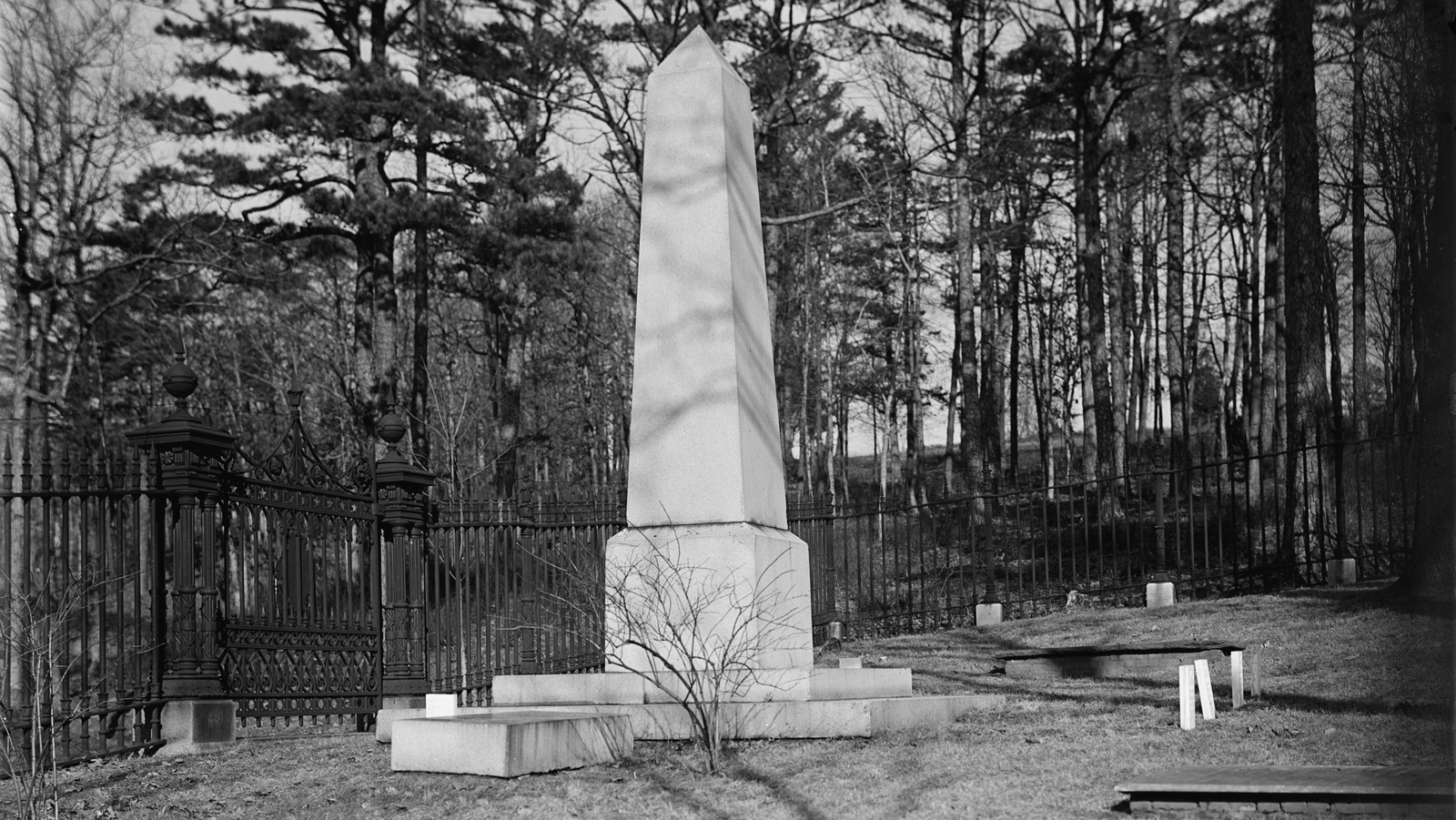
Thomas Jefferson never mentioned why he didn’t include his presidency among the achievements he wanted engraved on his tombstone, and with centuries of distance, the omission may seem uniquely strange to us. Historians have long considered him among the greatest of U.S. presidents; a C-SPAN survey has seen him place 7th for over two decades. And Jefferson’s was a transformational administration and was seen as such in his own time.
But before achieving the highest office in the land, Jefferson maintained that he didn’t want it. His heart, he maintained, was at Monticello. John Adams suspected that such claims were a political act, an effort to position himself well in the public mind should the opportunity arise to win power. But when it became clear that Adams had bested him in the 1796 election (fought, as was custom, through newspaper surrogates rather than the candidates themselves), Jefferson wrote to express his congratulations and to insist that he always hoped and expected that Adams, his senior partner in so many endeavors, should come before him as president. And some modern commentators, among them those behind The Thomas Jefferson Hour, have judged his reluctance as sincere.
Be it a job he took on unwillingly or a position he coveted, Jefferson wasn’t sorry to leave it after two terms. Before he ever set foot in the White House, observation of his predecessors had convinced him that the presidency was “a splendid misery” (via Monticello). Jefferson found his popularity waning in his second term, the result of a disastrous embargo intended to steer America away from the Napoleonic wars.








